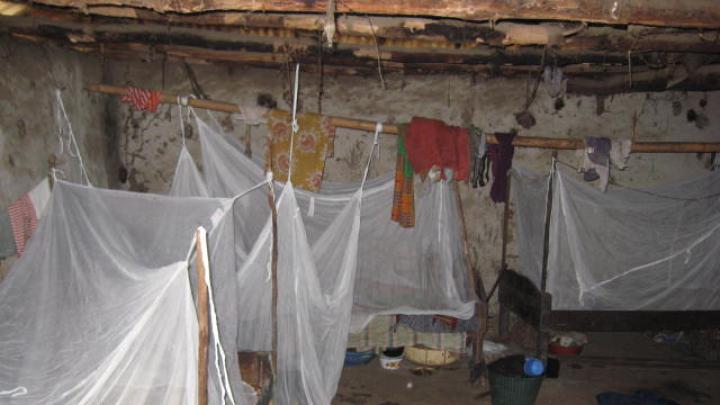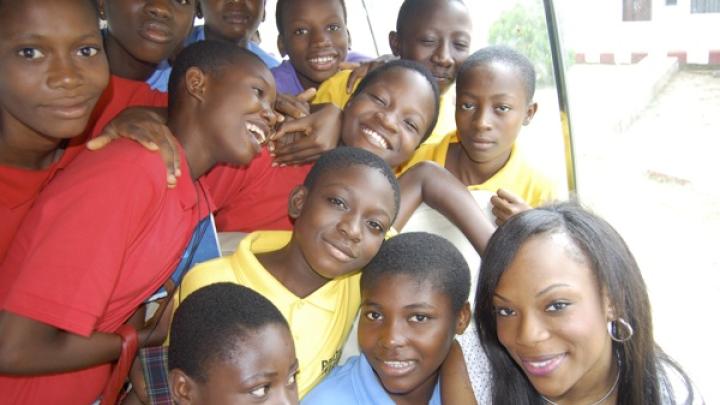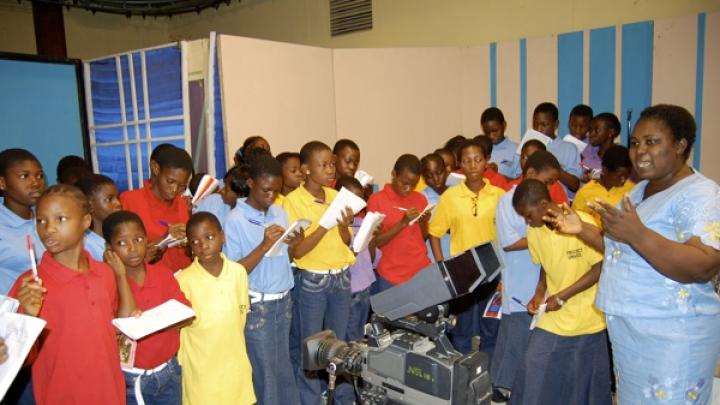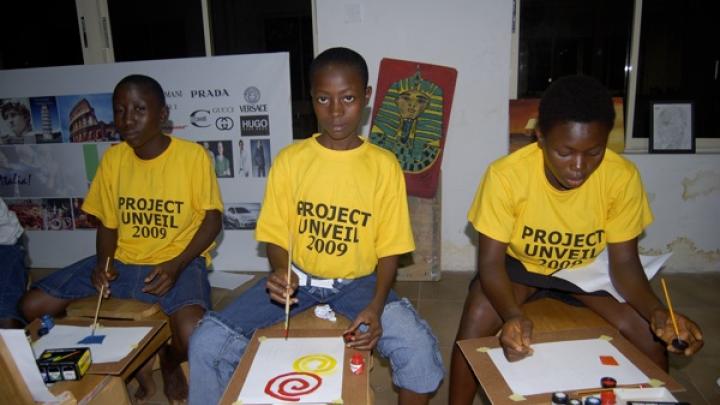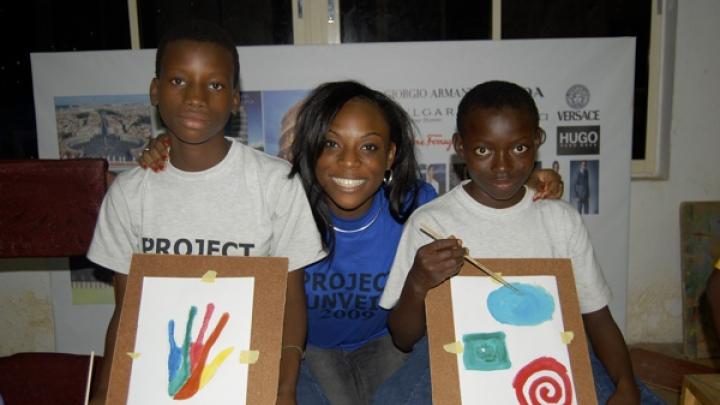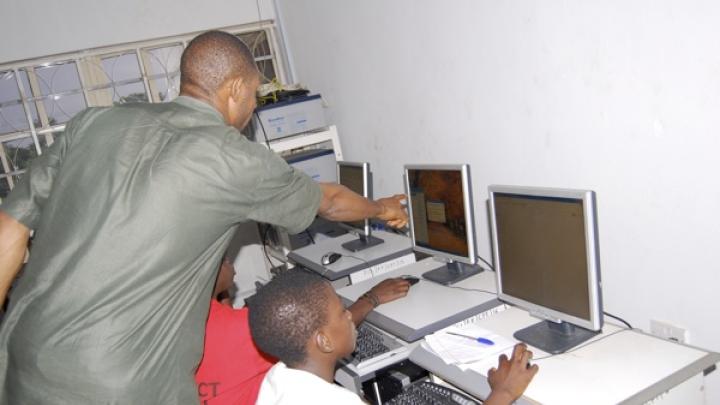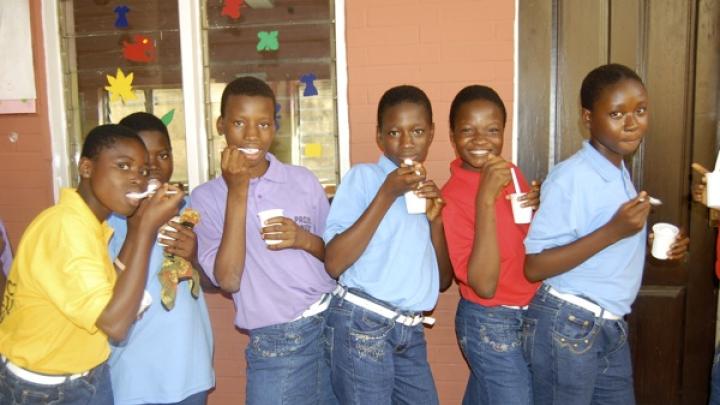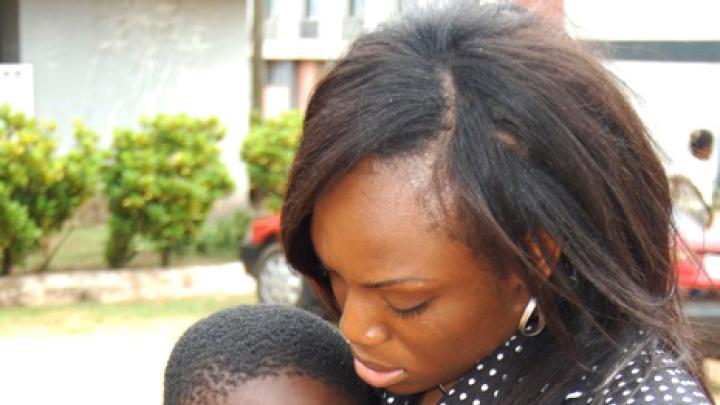Films are big business in Nigeria. The country’s motion-picture industry ranks third in the world in size, behind only the United States and India. As in India, the industry has earned a play-on-words nickname: Nollywood. So, too, have Nigerian children come to idolize film stars—and Oluwadara Johnson ’10 seeks to channel this idol worship into zeal for education.
Troubled by her country’s social inequalities, Johnson set out to craft a meaningful community-service project. The result was a performing-arts-themed camp for disadvantaged girls, held last summer in her native city, Ibadan. An African American studies concentrator in Quincy House who has produced plays and a student fashion show at Harvard, Johnson chose this approach for its ability to get youths excited about learning. Through play-reading and -writing, the students explored concepts such as plot, character development, and symbolism (while building their facility in reading and writing). Performing prepares them for public speaking; staging a play together gives a chance to practice teamwork.
Johnson had spent the first half of the summer working in asset management for Goldman Sachs. With her savings from that job and a donation from the school where the camp was held (and where her mother is the director), Johnson was able to cover the camp’s $15,000 cost. To select the participants—43 in all, ages 9 to 16—she worked with teachers in public schools to identify girls who excelled academically but were nevertheless in danger of dropping out due to their families’ economic circumstances.
The camp itself lasted just one week; preceding it was a four-week preparatory period in which the girls met twice a week with camp staff for full-day sessions, but went home to sleep. During this time, there were some performing-arts activities, as well as lessons in hygiene and etiquette. Johnson says the preparatory period was necessary to minimize the culture shock of the sleepaway-camp week, which was full of new experiences: many of the girls had never before seen a computer, had never tasted ice cream. Many did not own shoes or know their shoe size. Before buying shoes (the program provided clothing and school supplies), the camp staff had to measure the girls’ feet.
With the start of school in September, the teachers and volunteers who had led the camp launched an after-school program, meeting with the girls twice a month. Johnson herself will lead a retreat in December, when she goes home for winter break. She foresees a similar rhythm for her life after graduation: she has already accepted a job offer from Goldman Sachs, and has already has already made plans to use her vacation time to run the camp next summer.
Back in Cambridge, she is at work on her alternative thesis for the African and African American studies concentration’s new social-engagement initiative. She’ll make a documentary about her project, in addition to the more standard written document examining its lessons, links to economic and social theory, and comparisons to other educational projects.
Johnson spent much of last spring making arrangements for the summer camp. But lest anyone think this project distracted her from her coursework, Johnson says that if anything, it made her more engaged. “My classes are so real to me,” she says. “I can see how to use what I learn directly.”

